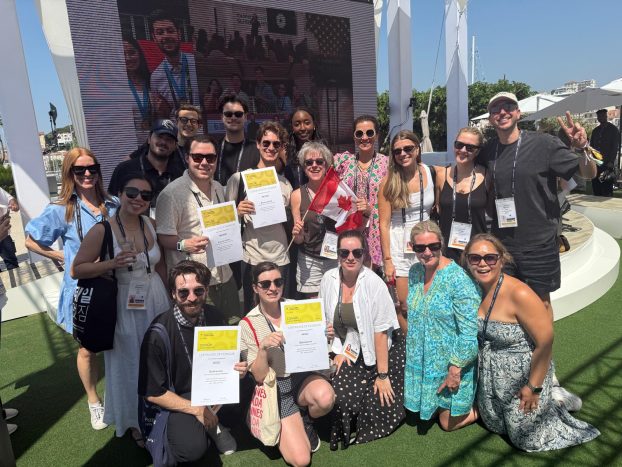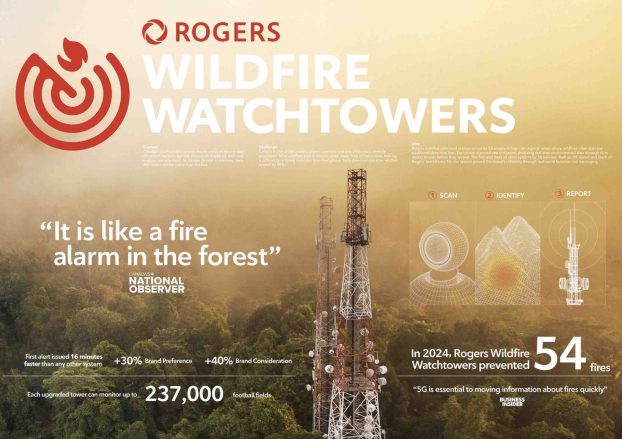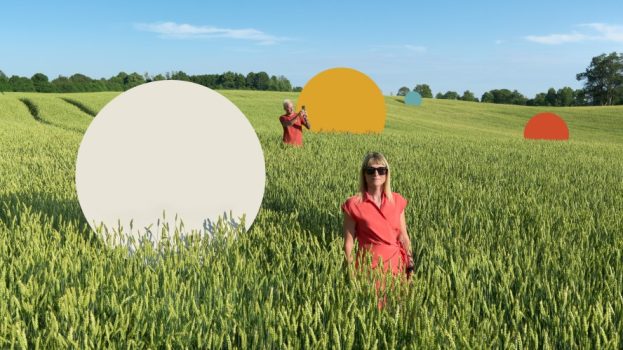If you build it, they will come – but they’re more likely to buy if they don’t have to shell out a fat down payment.
That, in a nutshell, is the rationale behind a permission-based e-mail marketing campaign by Tridel Corporation. The Toronto-based real estate developer has recently partnered with the Bank of Montreal to offer qualified prospects the chance to enter the real estate market with a minimal down payment.
The duo’s ICAN@TheIcon program – ICAN is short for ‘I Can Afford Now’ – enables participants to buy a condo in Tridel’s trendy Icon building with only $1,000 down; they get to save the remainder of their down payment while the condominium is being built. The Icon is a 12-storey, 270-unit development currently under construction in Toronto’s entertainment district.
The ICAN@TheIcon offer builds on information gleaned during Tridel’s most recent online effort, in which consumers were offered the chance to win a $160,000 condo in return for visiting www.myfreetridelhome.com and filling out an online questionnaire. (See ‘Click and win contests on the rise,’ Strategy, Jan. 17, 2000). Those who responded to the questionnaire, and there were many – the site garnered approximately 12,000 registrations within the first week alone – are now the target of the low-cost down payment offer.
Roman Bodnarchuk, president and CEO of Toronto-based Net Results Internet Advertising, the company that developed and managed the myfreetridelhome.com promotion, says it was as a direct result of the customer data collected during that contest that Tridel was able to come up with its latest offer.
‘Twenty-five thousand people told us all about themselves and, as a result, we realized that this first-time buyer demographic, which we were targeting, didn’t have the down payment saved. They had good jobs and were professionals – it was a really good market – they just didn’t have the down payment.’
Bodnarchuk says without such data to back it up, Tridel could not have gone to the bank with an offer to partner on a low down payment deal. Banks, he explains, are not exactly big risk-takers.
Based on the information it gathered, Tridel also learned that virtually no one was interested in a studio or two-bedroom condominium, Bodnarchuk says. As a result, plans for the Icon building were redesigned over the holiday season in an effort to accommodate the more than 6,000 potential buyers who wanted a one-bedroom unit. That month alone, he says, over $10-million of real estate was sold.
The developer will continue to communicate with the prospects in its database via personalized e-mail newsletters and announcements, he says. Already, he says, 25% of Tridel’s sales across all current developments are coming through the Internet, attributing that fact to the high-profile contest and the awareness it brought.
‘The contest is the sizzle, but it’s the back end and what you do with that information that is so powerful,’ he says. ‘Everybody wants something for nothing. So all we’re saying is ‘you can have the prize, just give us some data so we can respectfully and intelligently market to you.”




























